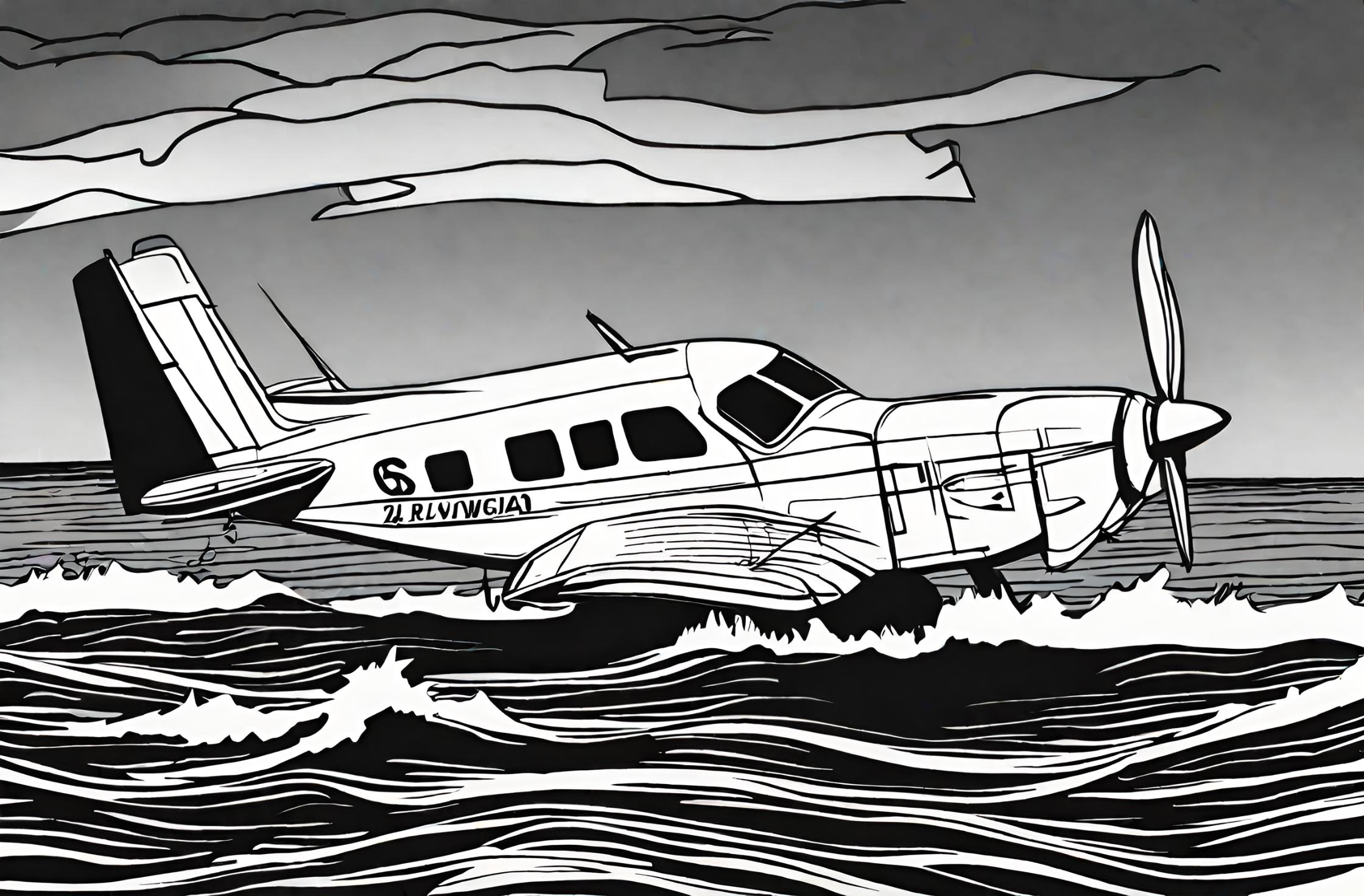Flashback to July 16
American History

On July 16th, 1898, the world of astronomy was forever changed as the community in Charlois discovered a remarkable asteroid, named #437 Rhodia. This significant event marked a new milestone in our understanding of the cosmos. In this article, we will explore the details of the discovery and its impact on the scientific community of the time.
The observatory in Charlois, located in the outskirts of Rotterdam, Netherlands, was reportedly abuzz with excitement on that fateful day. It was during routine observations that a renowned astronomer, Arnold Schwassmann, noticed an unusual celestial object moving across the sky. Realizing that this object could be a previously undiscovered asteroid, Schwassmann wasted no time in meticulously documenting his observations.
The discovery of asteroid #437 Rhodia holds particular significance due to its size and trajectory. Measuring approximately 19 kilometers in diameter, Rhodia falls into the category of large asteroids. Its orbital path placed it in close proximity to Earth, allowing for detailed observations and valuable insights into its composition and behavior.
The findings from the initial observations of Rhodia provided astronomers with a wealth of data to study. These findings had far-reaching implications for the field of astronomy at the time. Scientists were particularly intrigued by the composition of the asteroid, as it appeared to contain unique minerals and elements not commonly found on Earth.
The discovery of Rhodia also sparked an international collaboration among astronomers. Schwassmann promptly shared his findings with fellow astronomers across Europe and beyond. This collaboration paved the way for a series of research expeditions and observations aimed at further understanding this newfound celestial body.
In the years following the discovery, the scientific community made significant strides in unraveling the secrets held by asteroid #437 Rhodia. Researchers conducted extensive studies on the asteroid’s physical characteristics, composition, and potential impact on Earth. These studies led to a better understanding of the formation and evolution of our solar system.
Fast forward to the present day, and the legacy of asteroid #437 Rhodia continues to influence our understanding of the cosmos. The thorough documentation of Rhodia’s properties and behavior provided astronomers with valuable data that has contributed to advancements in our knowledge of asteroids and their potential impact on Earth.
Furthermore, the discovery and subsequent research surrounding Rhodia have been instrumental in fostering a greater interest in astronomy and space exploration among the general public. The allure of the unknown, combined with the potential for groundbreaking discoveries, has inspired generations of scientists and enthusiasts to delve deeper into the mysteries of space.
the discovery of asteroid #437 Rhodia in Charlois on July 16th, 1898, was a significant event that forever changed our understanding of the universe. The observations and subsequent research conducted on this celestial body have allowed us to gain valuable insights into the composition, behavior, and potential impact of asteroids. The legacy of Rhodia lives on in our ongoing quest to unravel the mysteries of the cosmos, inspiring future generations to explore the vast reaches of space.
We strive for accuracy. If you see something that doesn't look right, click here to contact us!
Sponsored Content

John F. Kennedy Jr.,…
On July 16, 1999,…

Slackware 1.00 is released.
On July 16, 1993,…

K Reinmuth discovers asteroid…
K Reinmuth's groundbreaking discovery…

Naval torpedo launched from…
On July 16, 1912,…

In New York City,…
On July 16, 1982,…

A Charlois discovers asteroid…
On July 16, 1898,…

